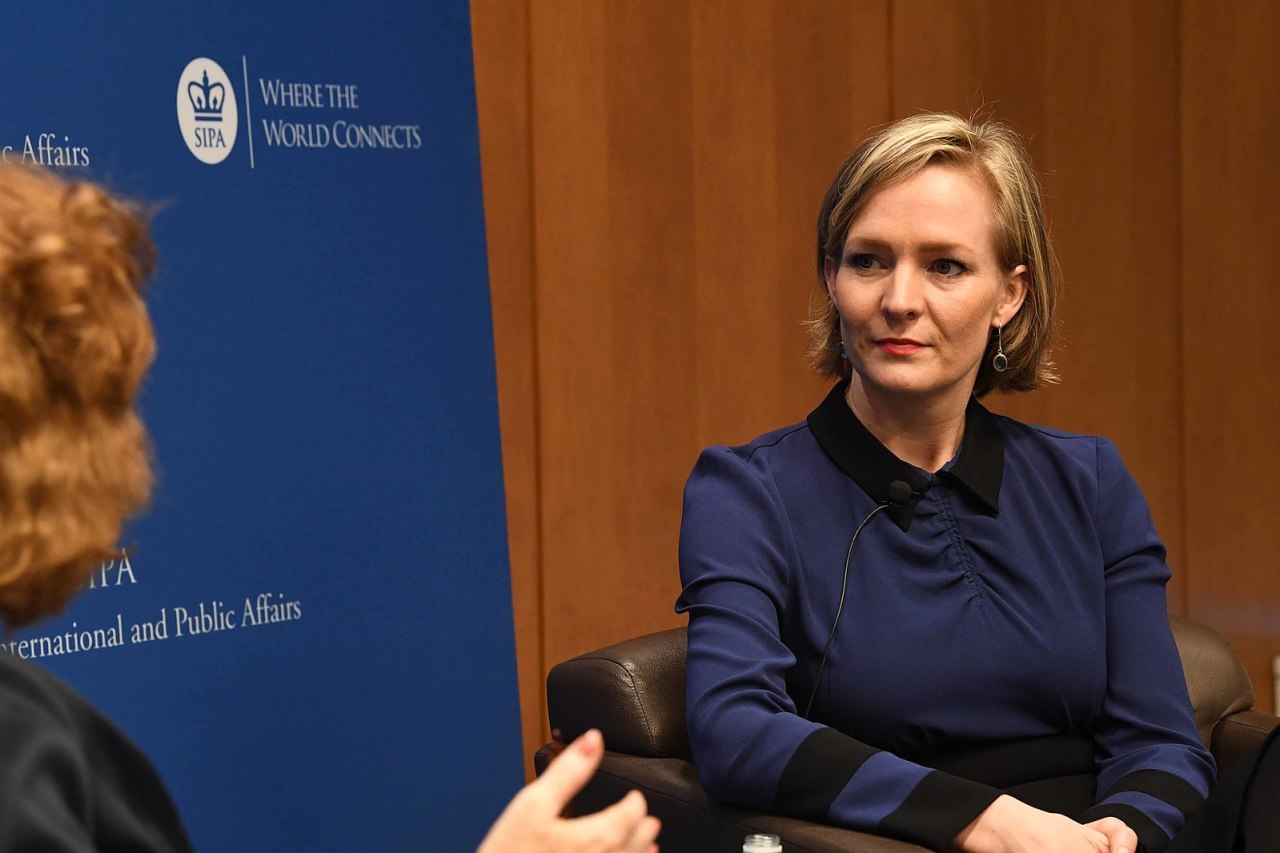Marietje Schaake, a prominent figure in the world of technology policy, has a unique perspective on the intersection of technology and democracy. As a former Member of the European Parliament and now the President of the CyberPeace Institute and International Director of Policy at Stanford’s Cyber Policy Center, Schaake’s insights become even more crucial in today’s fast-paced digital landscape. In this post, we delve into her thoughts on the challenges democracy faces in the wake of technological advancement and the implications for our collective future.
From Politics to Policy: A New Mission
Schaake’s journey from the EU corridors to the heart of Silicon Valley illustrates her commitment to understanding the social impacts of technology. She emphasizes the need for a comprehensive analysis of how technology influences society, highlighting concerns about human rights, the rule of law, and the information architecture that shapes our democratic processes.
The decision to move away from direct political engagement was driven by her desire to focus on broader global issues. “I wanted to examine the politics of Silicon Valley,” she asserts, recognizing that the world of tech isn’t just about innovation—it’s about how these innovations affect real lives.
Understanding the Threats to Democracy
Schaake warns that our democratic foundations are increasingly vulnerable to the manipulative powers of information flow. “The architecture of information flows impacts our offline democratic world,” she states, pointing out the unsettling reality that many do not fully grasp. The erosion of trust in experts and institutions has become particularly pronounced during the COVID-19 pandemic, where misinformation has proliferated.
This challenge isn’t confined to authoritarian regimes; it operates subtly in democratic societies through various cyberattacks ranging from ransomware to disinformation campaigns. The common goal of these diverse tactics is the same: to undermine trust and destabilize liberal democracy.
Lack of Transparency and Accountability
One of Schaake’s major concerns is the opacity surrounding commercial tech environments. “The lack of transparency hinders accountability,” she remarks, highlighting the necessity for greater scrutiny over how tech giants operate. The absence of robust regulations allows both private companies and governments to dodge accountability for their actions, creating a disconnect between technology and the implications for society at large.
- Failure to Investigate: When cyber crimes go unresolved, public trust diminishes.
- Corporate Hesitance: Companies often prioritize reputation over transparency, further complicating accountability.
Differences in Global Cyber Policy Approaches
Divergent approaches between the U.S. and Europe significantly impact how challenges posed by technology are addressed. While the EU has begun to embrace regulatory measures aimed at protecting democracy and societal stability, such principles are still fiercely contested in the U.S. “In Europe, the understanding that principles should apply online is well established,” says Schaake. However, the U.S. faces ongoing debates about the role of government versus private oversight.
Efforts such as antitrust investigations in the U.S. indicate a growing acknowledgment of the regulatory role. Conversely, in the EU, momentum surrounding societal impacts and accountability is building, but there’s still a need for alignment on defining democratic harms alongside economic ones.
AI: The New Frontier of Governance
As artificial intelligence continues to reshape industries, Schaake views it as both a significant opportunity and a challenge. “The asymmetry of knowledge between private companies and public regulatory bodies is alarming,” she notes, recognizing the potential for AI to exacerbate inequalities and reduce public trust in technology.
She asserts the importance of transparency in AI systems, underscoring that the advancements being made in this field must be accompanied by a clear understanding of their societal implications. A “democracy-first” approach to AI policy is essential, urging both governmental and non-governmental organizations to prioritize human rights over corporate profit.
Collaboration for a Sustainable Future
The path forward necessitates collaboration among nations and stakeholders across the globe. Defining a comprehensive regulatory framework to address the many facets of technology’s impact on society will require shared values and responsibilities. Schaake emphasizes the need for multilayered cooperation—especially among democratic nations—to counter the authoritarian models that threaten global peace and stability.
Conclusion: A Call to Action
The future of democracy is intricately tied to our handling of technology. As Marietje Schaake points out, we must prioritize transparency, accountability, and the rule of law to create a resilient digital landscape. We stand at a crucial juncture where policymakers, tech companies, and civil society can work together to build a framework that safeguards our democratic values in the face of evolving technological challenges.
As we navigate these complexities, it is vital that we embrace a shared vision for a tech-enabled future that respects human rights and empowers individuals. For more insights, updates, or to collaborate on AI development projects, stay connected with fxis.ai.
At fxis.ai, we believe that such advancements are crucial for the future of AI, as they enable more comprehensive and effective solutions. Our team is continually exploring new methodologies to push the envelope in artificial intelligence, ensuring that our clients benefit from the latest technological innovations.

